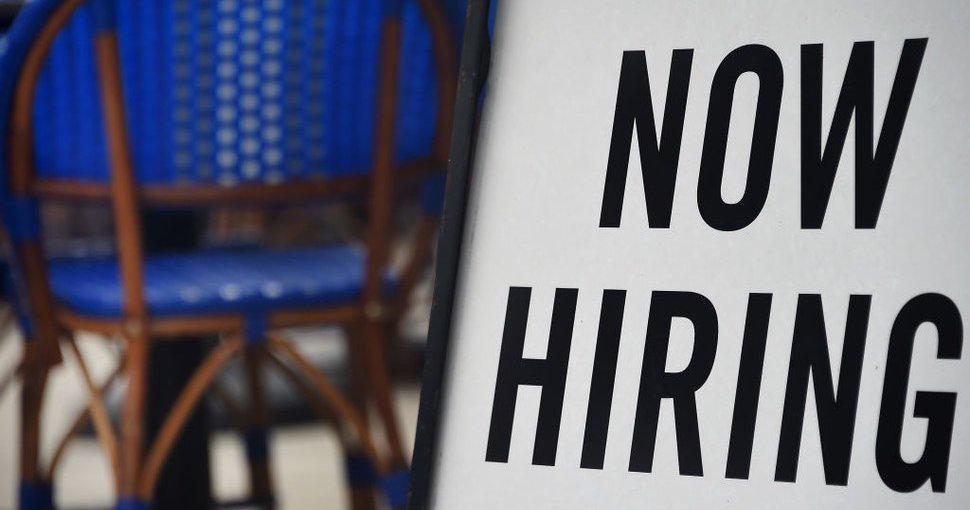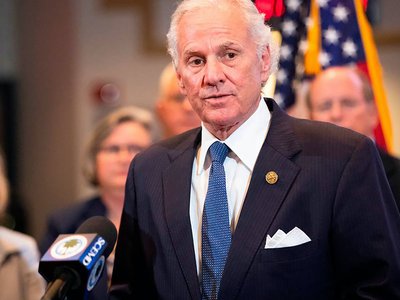The number of new jobless claims in the United States last week substantially passed economists’ expectations — a trend that was effectively driven by blue states alone.
A Department of Labor report showed that “in the week ending June 12, the advance figure for seasonally adjusted initial claims was 412,000, an increase of 37,000 from the previous week’s revised level.” The figure exceeded economists’ forecasts by nearly 15%.
The data also reveal that two blue states essentially accounted for — and slightly exceeded — the nation’s net increase. Indeed, Pennsylvania and California alone produced 21,590 and 15,712 new unemployment benefits requests.
The two states — which currently rank 43rd and 42nd in economic recovery following particularly aggressive lockdown policies — continue to greenlight enhanced federal unemployment benefits. Other states that are still offering enhanced benefits likewise saw rises in joblessness.
Kentucky — under the leadership of Gov. Andy Beshear (D-KY) — followed Pennsylvania and California with 9,127 jobless claims. Despite pleas from business owners, the Democratic governor currently does not plan to nix the higher benefits. Likewise, Gov. Tony Evers (D-WI) — despite Wisconsin’s 1,339 new claims — defended the state’s continual offering of enhanced unemployment insurance.
Florida and Texas respectively saw 2,337 and 2,089 claim increases. Gov. Ron DeSantis (R-FL) and Gov. Greg Abbott (R-TX) have both announced that their states will not leave the augmented federal program until June 26.
With 1,240 and 1,046 claims, Oklahoma and Maryland are respectively ending enhanced benefits on June 27 and July 3.
Governors who have ended their states’ participation in the heightened federal benefits explained that encouraging labor market recovery is of paramount importance.
“The programs were implemented to assist the unemployed during the pandemic when businesses were laying off employees and jobs were scarce,” said Gov. Asa Hutchinson (R-AK). “As we emerge from COVID-19, retail and service companies, restaurants, and industry are attempting to return to prepandemic unemployment levels, but employees are as scarce today as jobs were a year ago. The $300 federal supplement helped thousands of Arkansans make it through this tough time, so it served a good purpose. Now we need Arkansans back on the job so that we can get our economy back to full speed.”






